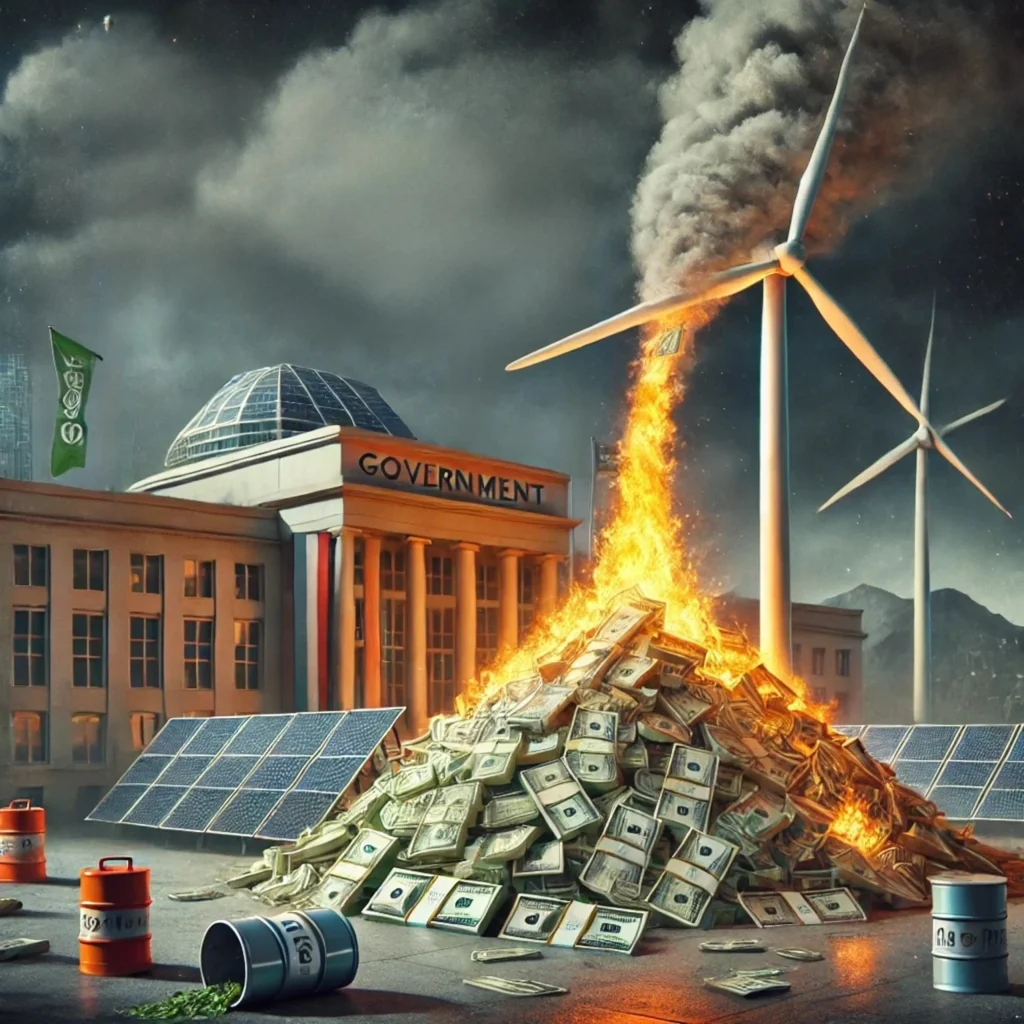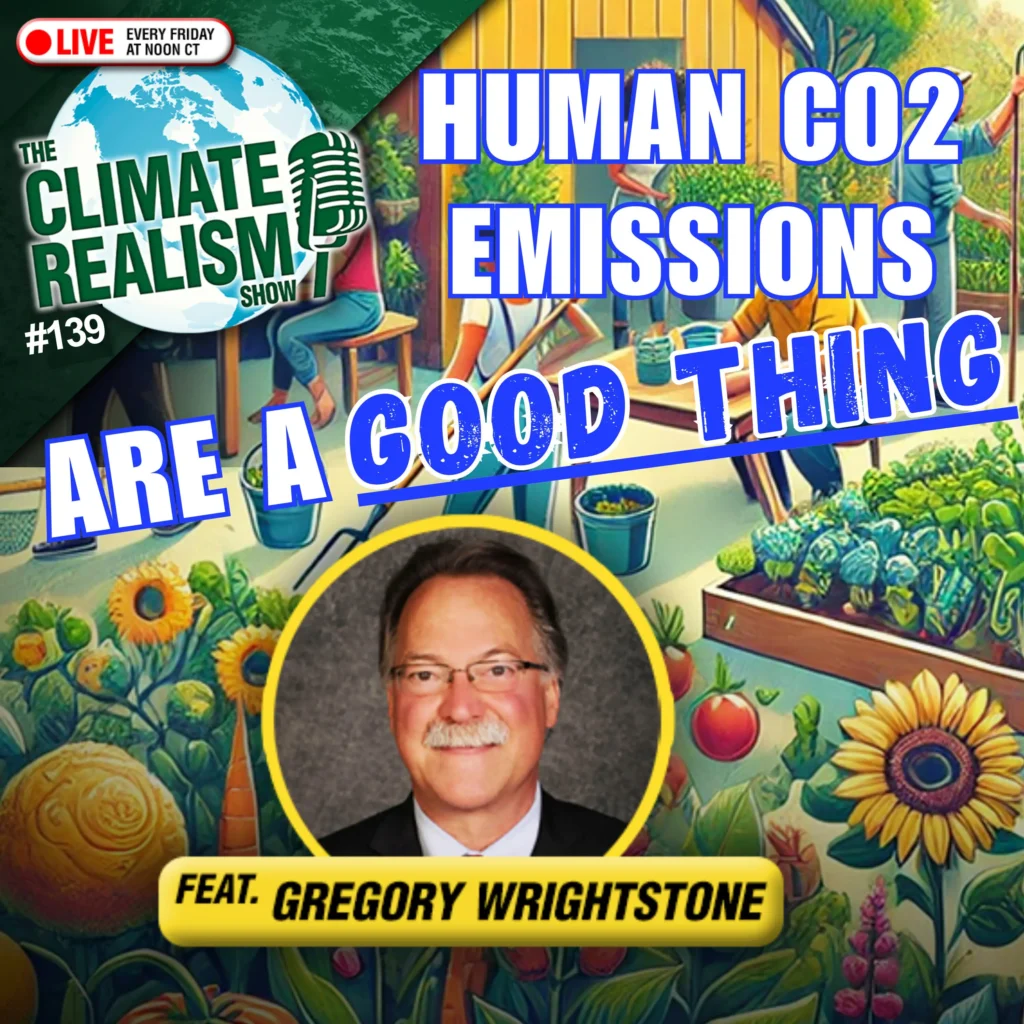Natural gas and propane serve as excellent low-cost fuels for heating and cooking. Last year, natural gas usage grew faster than renewables in the United States. But advocates of green energy policies would eliminate gas for heating and cooking.
According to the US Department of Energy, since 2007, US consumption of natural gas increased by 31 percent, rising from 23 to 30 percent of US primary energy consumption. Gas displaced coal as the preferred fuel for electrical power plants. This is the primary reason why US carbon dioxide emissions fell 13 percent, the most of any major nation.
Environmental groups call for society to “electrify everything.” Their plan would eliminate all forms of hydrocarbon combustion, such as gasoline- and diesel-fueled vehicles, and natural gas and propane used for heating and cooking. These would be replaced by plug-in electric vehicles, heat pumps, and electric stoves, grills, and water heaters. Green energy advocates want us to use electric appliances that run off the grid, increasingly powered by wind and solar energy, rather than natural gas and coal.
But the trends appear to be going the other way. Last year, from 2017 to 2018, renewable energy sources only increased from 8.6 to 8.7 percent of US energy consumption. Between those two years, natural gas consumption rose from 28.7 to 30.6 percent of US energy needs.
US residents like their gas appliances. Natural gas furnaces tend to be lower cost than heat pumps for homes in northern states. Burners on gas stoves boil water faster than stoves that use electric coils. Propane provides excellent low-cost energy for rural locations not connected to the gas line network. And we all like our propane barbeque grills.
Since people prefer gas appliances, the green movement must resort to bans to force people to eliminate hydrocarbons. In July, Berkeley, California became the first US city to ban natural gas appliances in new single- and multi-family homes. Since then, the California cities of Menlo Park, San Jose, and Santa Monica also enacted bans. Los Angeles, San Francisco, Seattle, and other cities are considering natural gas bans.
Nations and cities in Europe plan to ban cars using internal combustion engines and diesel fueled-vehicles. Green energy policies require coercion.
This electrification trend is demanded in the name of fears about human-caused global warming. But there isn’t the slightest evidence that bans on hydrocarbon fuels and vehicles, if enacted, will have a measureable effect on global temperatures.
Consumers, maybe it’s time to push back against foolish environmental policies before you lose your gas appliances.
[Originally published in TheInvadingSea]





